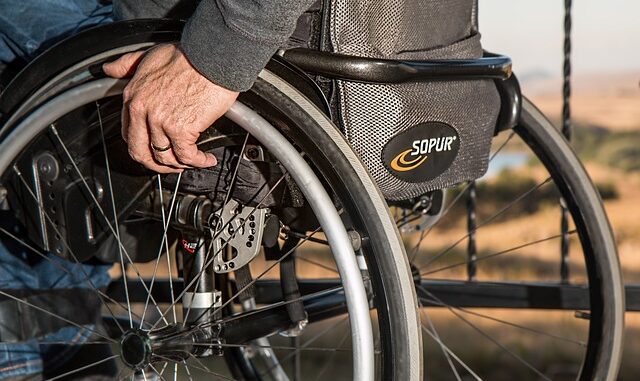
Summary
Successfully returning to work after rehab involves understanding your rights, communicating with your employer, planning for stress, building a support network, and prioritizing self-care. This article provides actionable steps to help you navigate this transition smoothly and maintain your recovery. By following this guide, you can confidently re-enter the workforce and build a fulfilling life.
** Main Story**
So, you’re heading back to work after rehab? That’s huge! It’s a real sign of progress and a return to a more structured life. Getting back into the swing of things can be both exciting and a little nerve-wracking, I get it. This is where we can help; let’s break down how to make this transition smoother, step by step.
Understanding Your Rights
First things first: know your rights. The Americans with Disabilities Act (ADA) is there to protect you from discrimination based on your recovery. That’s a big deal. And don’t forget the Family and Medical Leave Act (FMLA). This could give you job-protected leave for treatment.
However, and it’s a big however, understanding your rights is only part of the equation. You’re still responsible for doing your job and following company rules. It’s about balance, you know?
Open Communication is Key
Talking openly with your employer can make a world of difference. It really can. If you’re going back to your old job, schedule a chat with your supervisor or HR. Explain what you need – maybe a flexible schedule, fewer hours, or time for therapy appointments. You’d be surprised how supportive companies can be, especially when you’re honest. One time, a colleague of mine was really struggling to transition back after some time out due to a family emergency, and the company was really supportive and helpful.
Now, what about if you are starting a new job, it’s trickier; carefully consider how much you want to share about your recovery. Be prepared to address any gaps in your employment history in a professional and positive way. Framing it as a time for personal growth or skill development can work wonders.
Stress Management: Your Secret Weapon
The workplace is, well, a workplace. It can get pretty stressful, and stress is a relapse trigger. So, before you even step back into the office, have a stress management plan ready to go.
Think about things like mindfulness, deep breathing, or even just a quick walk during your lunch break. What are your triggers? What’s going to set you off, develop coping methods now. Many companies offer Employee Assistance Programs (EAPs), so take advantage of those if you can. Free, confidential counseling is a total game-changer.
Building Your Support Squad
A strong support network is incredibly important for staying on track. Connect with understanding colleagues, family members, or friends who can be your cheerleaders. Keep going to support group meetings or therapy sessions, even when you don’t feel like it. It is important to build real relationships, sharing experiences with trusted colleagues creates a sense of community and reduces feeling isolated.
Self-Care Isn’t Selfish
Self-care? It is so important. It’s about keeping yourself in top condition, both physically and mentally. That means exercise, healthy food, good sleep, and doing things you actually enjoy.
Don’t skip out on hobbies or relaxation time. It’s not a luxury; it’s essential. All of this helps you manage stress, prevents relapses, and builds a fulfilling life outside of work. Because work is important, but it shouldn’t be everything.
Ease Back In
If you can, negotiate a phased return to work. Gradually increasing your hours or responsibilities can help you adjust without feeling overwhelmed. Remember, Rome wasn’t built in a day, and you don’t have to conquer everything on day one. A gradual transition allows you to regain your footing, manage stress, and build your confidence. Which helps to identify and address challenges early on.
Don’t Be Afraid to Ask for Help
Finally, and this is important, don’t be afraid to ask for help. Therapists, counselors, recovery coaches – they’re all there to support you. They can offer guidance, coping strategies, and a listening ear when things get tough. Recovery is a journey, not a destination, and seeking professional help shows strength, not weakness. So, reach out if you need it.
Returning to work is a big step, and it’s okay to feel a mix of emotions. With the right preparation, communication, and support, you can successfully navigate this transition and thrive in your recovery journey. You got this.


Be the first to comment